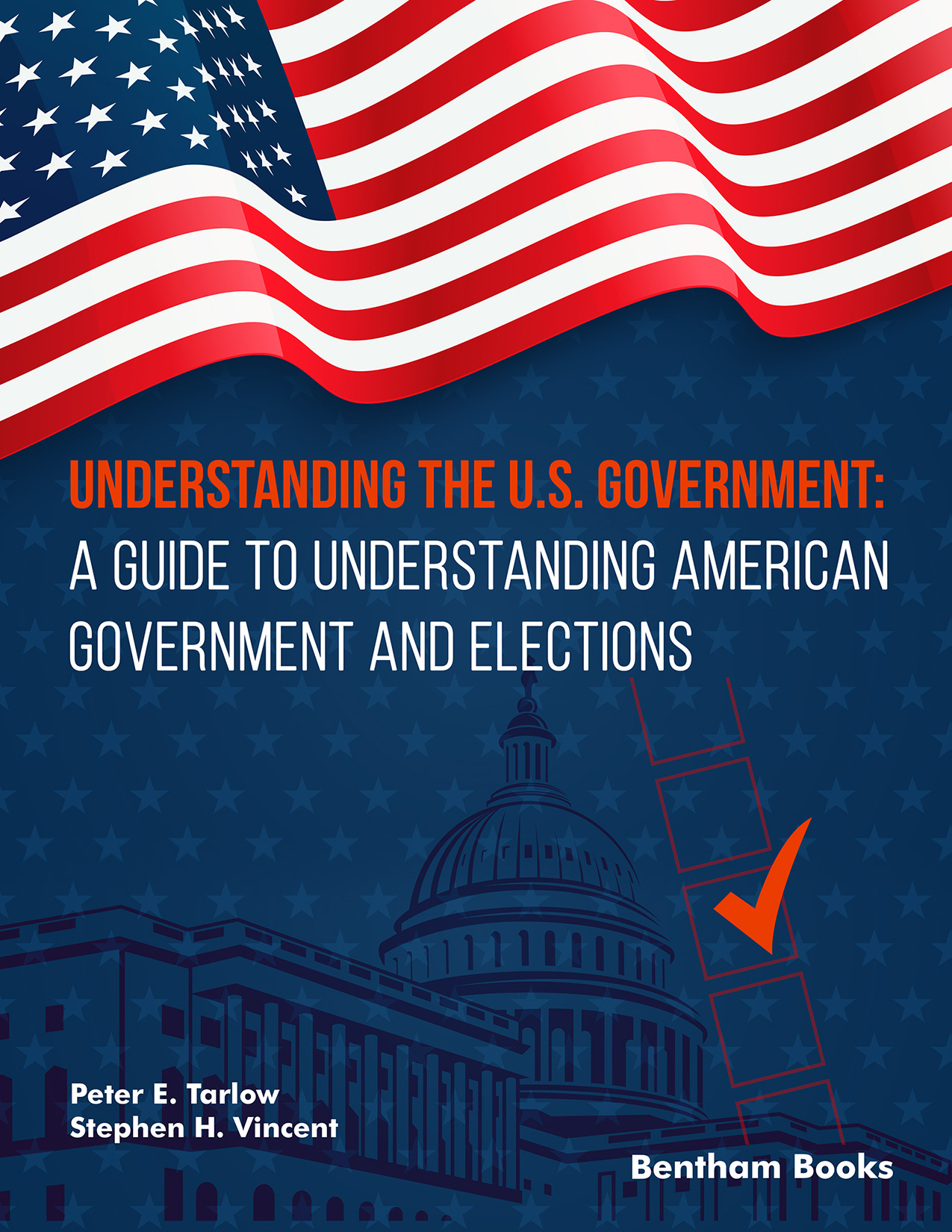Introduction
Understanding the U.S. Government: A Guide to Understanding American Government and Elections demystifies the complexities of the United States government, its election processes, and the concept of separation of powers. Written in a question-and-answer format, this book provides essential information for readers interested in American democracy at all levels. The authors compare various ideologies (capitalism, socialism, communism, and fascism) and other facets of U.S. politics that shape conversations about the U.S. Government and influence political policies, while also providing answers to historical questions about the American constitution and Declaration of Independence.
The book answers questions on these topics:
- - Maintaining personal relations amidst differing political views
- - Rights and responsibilities of American citizens
- - Competing political and economic philosophies
- - The Ins-and-Outs of American democracy
- - The impact of the media on U.S. Elections
- - The American political party system
- - The impact of lobbyists and monetary donations on political decisions and policies
- - How U.S. elections work
- - Practical tips for American voters
This book is an informative source of knowledge for anyone seeking a quick understanding of the workings of the U.S. government, the election process, and the intricate balance of political power in America.
Readership
General readers and political science students interested in U.S. government and elections.

